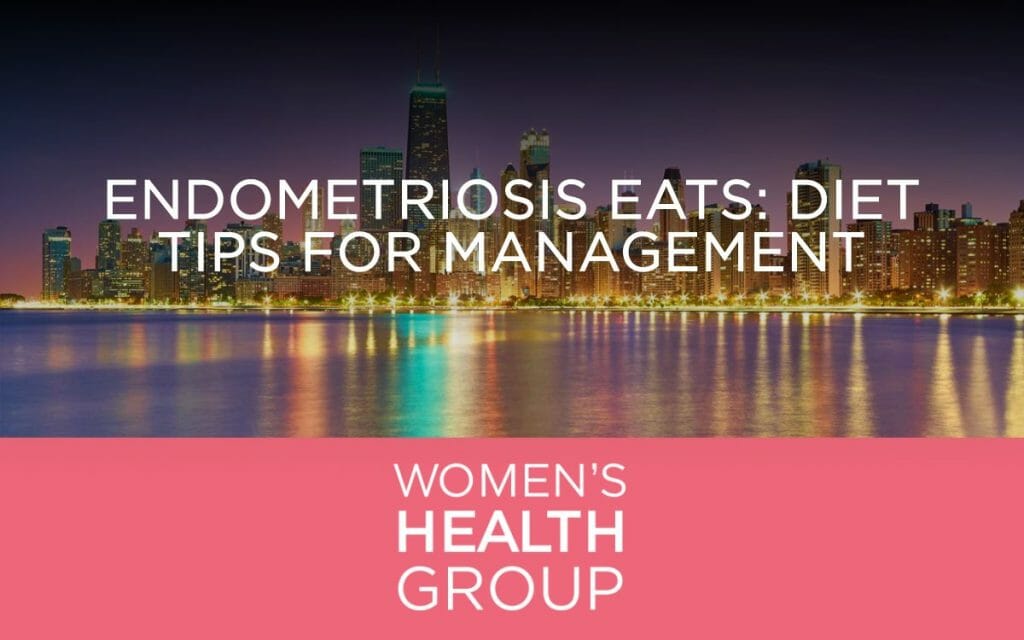Understanding Endometriosis
Endometriosis is a painful and persistent condition that affects more than 10% of women in their reproductive years. Characterized by the growth of endometrial tissue outside the uterus, this disorder triggers inflammation and chronic abdominal pain. Treatments often include hormonal therapy, pain medications, and even surgery, but diet can also play a crucial role in managing this condition.
The medical team at Women’s Health Group in Chicago, Illinois, leverages our expertise in obstetrics and gynecology to help women with endometriosis lead healthier, more comfortable lives. One highly efficient way we do this is by offering guidance on an effective endometriosis diet.
The Role of Diet in Managing Endometriosis
Diet contributes significantly towards maintaining general health, but it is particularly critical for individuals dealing with chronic ailments like endometriosis. Certain foods may exacerbate the symptoms, while others can potentially alleviate them.
Scientific research suggests that a healthy diet might decrease endometriosis symptoms, improve vitality, and augment general well-being. As pointed out by the Mayo Clinic, a balanced diet can enhance your immune system, providing the body with vital tools to combat illness and inflammation, thereby alleviating the effects of endometriosis.
Essential Components of an Endometriosis Diet
A healthy endometriosis diet comprises various elements, each serving a particular purpose. The recommended endometriosis diet includes:
1. Fruits and Vegetables: A diet rich in fruits and vegetables provides the body with essential vitamins, fiber, and antioxidants, which help reduce inflammation.
2. Omega-3 Fatty Acids: Omega-3 fatty acids found in fish, flaxseeds, and walnuts have been shown to reduce inflammation, a key symptom of endometriosis.
3. Whole Grains: Whole grains such as quinoa, brown rice, and oats provide nutrients that improve overall health and help manage endometriosis symptoms.
Foods to Avoid in an Endometriosis Diet
Some foods can worsen endometriosis symptoms. These include:
1. Red and Processed Meat: Research suggests that an increased intake of red and processed meat can exacerbate the symptoms of endometriosis.
2. Alcohol and Caffeine: Both can increase estrogen levels, worsening pain and discomfort associated with endometriosis.
3. Sugary Foods: Sugar can increase inflammation, provoking flare-ups of discomfort and pain.
Nutrition and Lifestyle Changes
In addition to managing your diet, some lifestyle changes can also help with endometriosis symptoms. Regular exercise, good quality sleep and staying hydrated are all critical in this regard. The U.S. Department of Health and Human Services Office on Women’s Health also suggests that stress relief techniques such as yoga, mindfulness, and massage can be particularly effective for managing endometriosis pain.
Personalizing Your Endometriosis Diet
The impact of endometriosis differs from one individual to another. It’s essential to remember that there’s no “one-size-fits-all” solution. Therefore, customizing your diet according to your specific needs, preferences, and reactions can significantly aid in managing your symptoms. Consulting an obstetrician-gynecologist or a dietitian specialized in endometriosis can provide you with personalized dietary advice, ensuring optimal management of your condition.
Moving Forward with an Endometriosis Diet
Implementing an endometriosis diet is not about imposing strict limitations but rather about making healthier choices. It encourages a shift towards foods that boost your immune system, curb inflammation, and foster overall well-being. Practicing such dietary modifications, along with leading a balanced lifestyle and receiving regular medical care, can help you take significant strides in managing your endometriosis.
However, always remember, medical interventions remain the primary treatment for endometriosis. A comprehensive approach combining adequate medical care and a beneficial diet and lifestyle can effectively help manage the condition’s symptoms.
At Women’s Health Group in Chicago, we believe in holistic treatment approaches that empower women to lead healthy and fulfilling lives. Our team is committed to providing personalized and effective health solutions for each one of our patients. With an endometriosis diet, you can take proactive measures in managing your condition, thereby enhancing your quality of life. Remember, your health is in your hands. Make it count!




